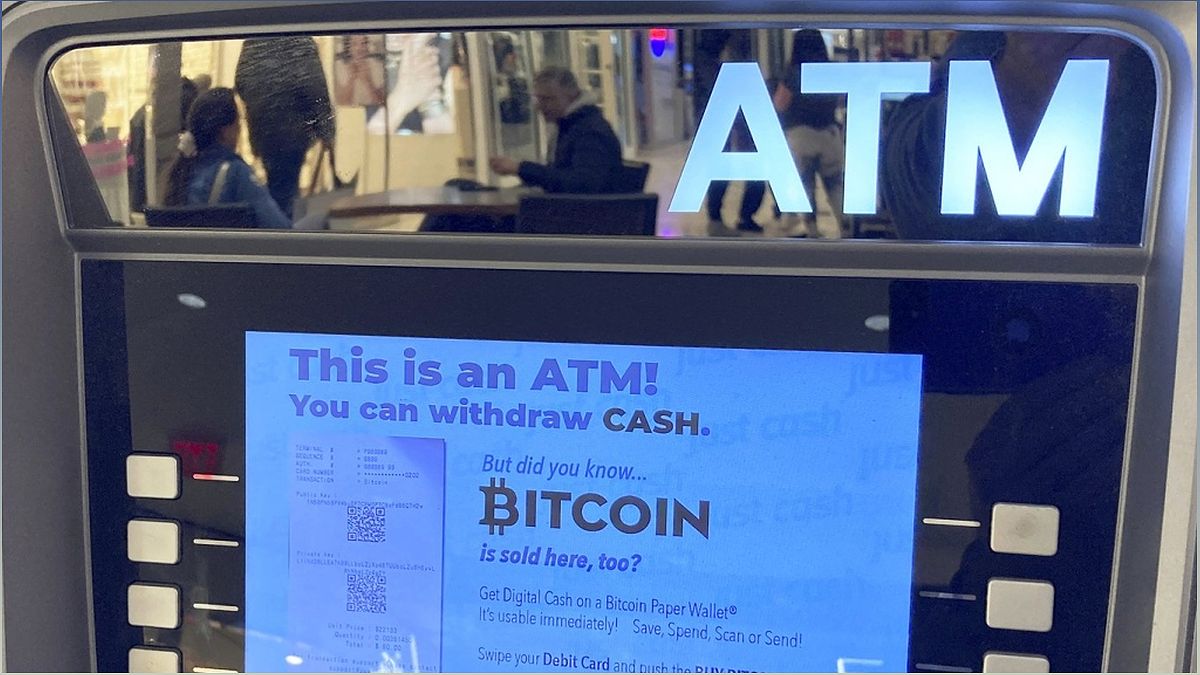In the ever-evolving landscape of financial crime, criminals are finding new ways to exploit emerging technologies. The Financial Transactions and Reports Analysis Centre of Canada (Fintrac) has recently shed light on the growing trend of using cryptocurrency for money laundering. In their annual report, Fintrac emphasizes the need to gather strategic intelligence on the role of virtual assets in illicit activities. Let's delve into the insights provided by Fintrac and understand how criminals are leveraging cryptocurrencies to raise, move, and conceal funds outside the traditional banking system.
The Growing Trend of Cryptocurrency in Money Laundering
Discover how criminals are increasingly utilizing cryptocurrency to raise, move, and conceal illicit funds.
In recent years, there has been a significant rise in the use of cryptocurrency for money laundering purposes. Criminals are attracted to the decentralized nature and anonymity offered by virtual currencies, making it easier for them to raise, move, and conceal illicit funds. This trend poses a challenge for authorities in detecting and preventing financial crimes.
With the emergence of various cryptocurrencies, such as Bitcoin and Ethereum, criminals have found new avenues to carry out their illicit activities. These digital currencies provide a convenient and efficient way to transfer funds across borders without the need for traditional banking systems. As a result, financial intelligence agencies like Fintrac are actively monitoring and analyzing the role of virtual assets in money laundering and terrorist financing.
Fraud and Ransomware: The Most Common Forms of Money Laundering
Explore how fraud and ransomware attacks contribute to the majority of money laundering cases involving cryptocurrencies.
Among the various forms of money laundering involving cryptocurrencies, the movement of proceeds from fraud and ransomware attacks stands out as the most prevalent. Criminals often exploit vulnerabilities in online platforms and deceive unsuspecting victims to obtain funds through fraudulent schemes. They then convert these funds into cryptocurrencies to obfuscate the money trail.
Ransomware attacks, where hackers encrypt victims' data and demand payment in cryptocurrencies for its release, have also become increasingly common. The anonymity provided by cryptocurrencies makes it difficult for law enforcement agencies to trace the flow of funds, allowing criminals to launder their ill-gotten gains.
Fintrac's Strategic Intelligence and Collaboration
Learn how Fintrac gathers and shares strategic intelligence to combat money laundering involving virtual assets.
Fintrac plays a crucial role in combating money laundering and terrorist financing through its efforts to gather strategic intelligence. The agency analyzes millions of pieces of information from various sources to identify money linked to illicit activities. This intelligence is then shared with law enforcement agencies to aid in their investigations and prosecutions.
Recognizing the challenges posed by evolving technologies and global financial systems, Fintrac actively collaborates with businesses involved in foreign currency exchange, money transfer, and virtual currency transactions. By requiring these businesses to register with Fintrac, the agency aims to enhance its ability to detect and prevent money laundering and terrorist financing.
The Role of Unregistered Money Services Businesses
Understand the difficulties in detecting money laundering and terrorist financing through unregistered money services businesses.
Despite the efforts of Fintrac, the use of unregistered money services businesses continues to present challenges in detecting money laundering and terrorist financing. These underground banking operations attract individuals and entities seeking to evade sanctions or engage in illegal activities, including terrorist financing.
Fintrac has published an advisory to help businesses and the public protect themselves against illicit activities related to underground banking. The agency has observed an increase in reporting on money laundering associated with unregistered money services businesses, highlighting the significant role of third-party intermediaries such as professional money launderers and money mules.
The Attraction of Underground Banking for Criminals
Discover why underground banking through unregistered money services businesses remains appealing to criminals.
Underground banking through unregistered money services businesses continues to be an attractive option for criminals involved in money laundering. These operations offer a means to bypass traditional financial channels and avoid detection by authorities.
International figures seeking to evade sanctions or engage in illegal activities, including terrorist financing, find underground banking an appealing avenue. The anonymity and flexibility provided by these illicit networks make it difficult for law enforcement agencies to track and disrupt their activities.

